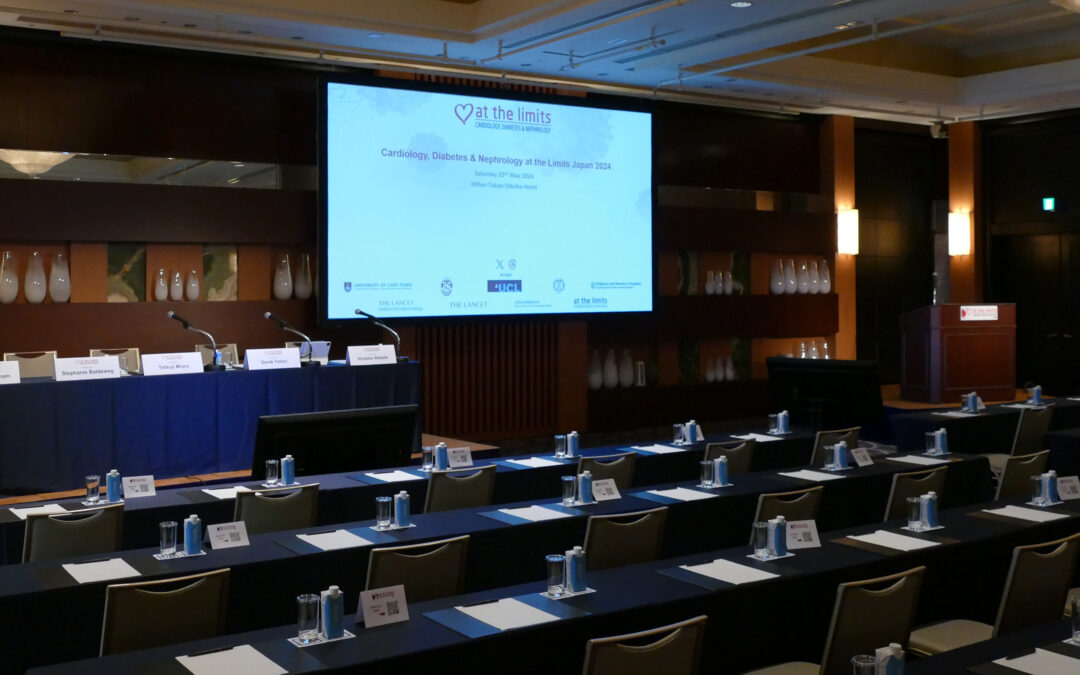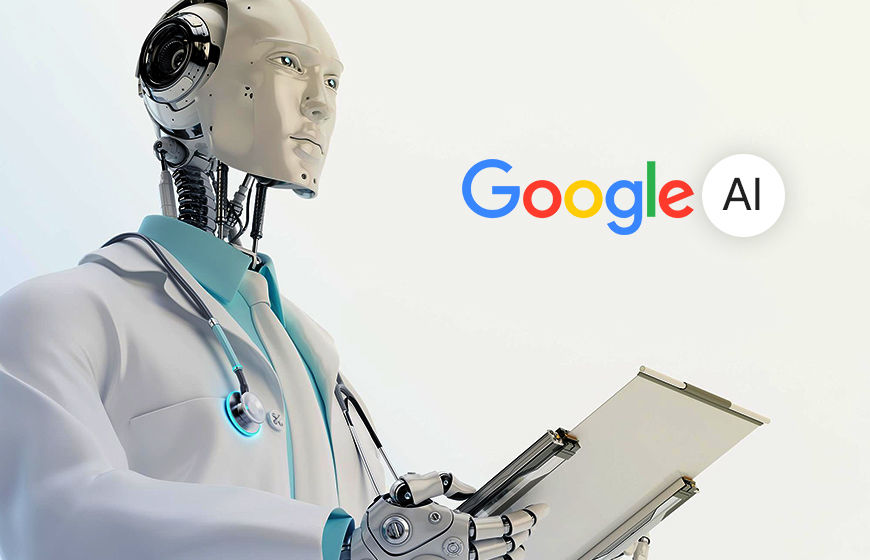As our friends at the Lancet celebrate the 200th birthday of the journal, I thought it would be a good time for us at ATL to reflect on our own activities and the vital role of medical education in advancing healthcare.
Medical education stands at the forefront of healthcare advancements, playing a pivotal role in shaping the future of medicine. It is the foundation upon which healthcare professionals build their knowledge, skills, and expertise, ultimately impacting patient care and the overall health of communities. In this blog post, we’ll explore the critical importance of medical education and how it contributes to the ever-evolving field of healthcare.
Ensuring Competent Healthcare Providers
The cornerstone of quality healthcare is competent and skilled healthcare providers. Medical education programs, including events such as ours, are designed to equip future healthcare professionals with the knowledge and skills necessary to diagnose, treat, and prevent a wide range of medical conditions. These programs emphasise rigorous training, critical thinking, and hands-on experience to ensure that clinicians are well-prepared to meet the complex demands of healthcare.
Fostering Innovation
Medical education is not just about transmitting existing knowledge; it also encourages innovation and research. Medical schools and academic institutions provide a fertile ground for cutting-edge research, where faculty and students work collaboratively to discover new treatments, therapies, and medical technologies. The innovations born from medical research have the potential to revolutionise healthcare and improve patient outcomes, and the relationships and initiatives which are formed at our events enable researchers and industry to build on the common goal of improved healthcare outcomes.
Bridging Healthcare Disparities
Medical education also plays a critical role in addressing healthcare disparities. By training a diverse workforce of healthcare professionals who understand and can relate to the unique needs of various populations, medical education helps bridge the gaps in healthcare access and quality. Culturally competent care and a focus on social determinants of health are key components of medical education, ensuring that healthcare providers can deliver equitable care to all patients. We never forget that our roots lie in Africa at the university of Cape Town and that we ensure our lectures are available to the global medical community irrespective of nationality.
Adapting to Technological Advances
The field of medicine is rapidly evolving, thanks to technological advances. From telemedicine to artificial intelligence, healthcare is being transformed by innovation. Medical education programs are tasked with preparing future healthcare providers to embrace and leverage these technological advances. This includes training in digital health tools, electronic medical records, and the ethical use of AI in medicine as the delegates at our MS meetings this month learned first-hand.
Lifelong Learning and Professional Development
Medical education doesn’t end with graduation. In fact, it’s just the beginning. Healthcare professionals must engage in lifelong learning and continuous professional development to stay abreast of evolving medical knowledge and best practices. Continuing medical education (CME) courses such as ours provide the essential ongoing education which is so vital.
Enhancing Patient Safety
Patient safety is paramount in healthcare, and medical education is instrumental in ensuring it. Healthcare professionals learn about patient safety protocols, error prevention strategies, and the importance of effective communication within interdisciplinary healthcare teams. These skills and knowledge are critical for reducing medical errors and improving patient outcomes.
In short, medical education is the backbone of modern healthcare. It equips healthcare professionals with the knowledge, skills, and mindset needed to provide competent and compassionate care, fosters innovation, addresses healthcare disparities, adapts to technological advancements, promotes lifelong learning, and enhances patient safety. As healthcare continues to evolve, the importance of robust medical education programs cannot be overstated. They are not only a pathway to becoming a healthcare provider but also a commitment to improving the health and well-being of individuals and communities worldwide.


